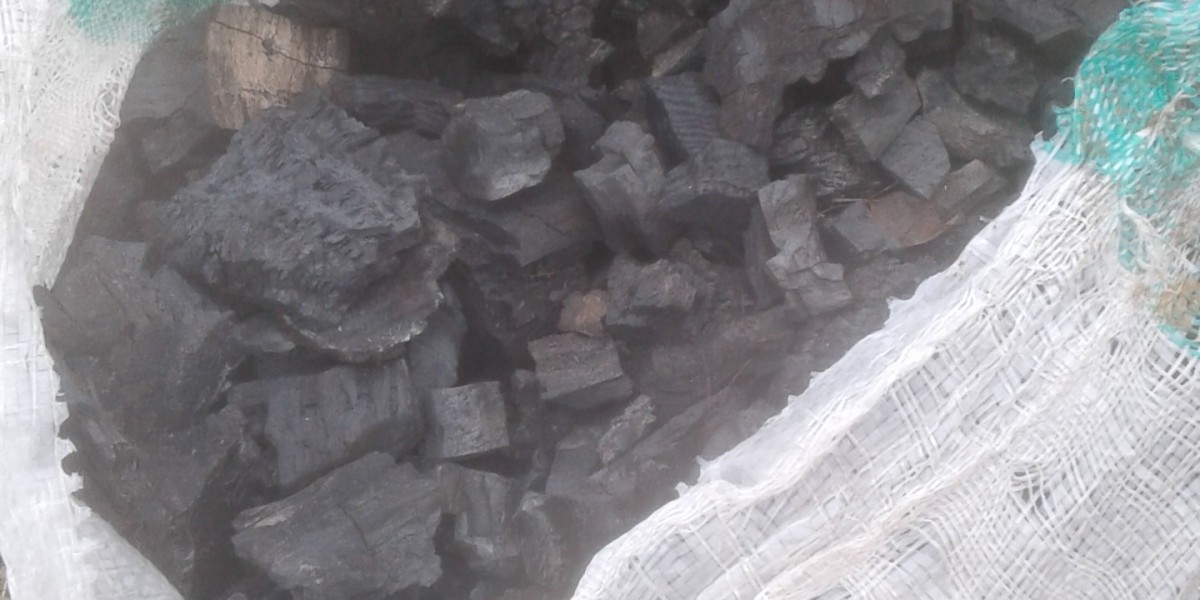Ensure you comply with all the legal requirements for exporting charcoal from Nigeria. This includes obtaining the necessary permits, licenses, and complying with international trade regulations.
Quality Control :
Maintain high-quality standards for your charcoal products. Properly process and package the charcoal to meet international quality expectations, as this will enhance your market reputation.
Sourcing and Sustainability :
Partner with reliable suppliers who follow sustainable forestry practices. Ensure that the charcoal production is environmentally friendly and complies with forestry regulations to avoid legal issues.
Market Research :
Conduct thorough market research to identify potential markets and buyers for your charcoal. Understanding the demand and preferences of your target market will help you tailor your products accordingly.
Logistics and Transportation :
Plan the logistics and transportation of your charcoal efficiently. Consider the best routes, shipping methods, and transportation partners to minimize costs and ensure timely deliveries.
Documentation :
Accurate documentation is crucial in international trade. Ensure all export documents, such as invoices, certificates of origin, and shipping documents, are properly prepared and verified.
Quality Testing and Certification :
Depending on your target markets, consider obtaining quality certifications such as ISO, FSC (Forest Stewardship Council), or other relevant certifications. This can improve the marketability of your charcoal.
Remember that the charcoal export business can be competitive and challenging, so thorough preparation and compliance with regulations are essential for success. Consulting with experts in international trade and export can also be beneficial.
Aliyu Diramzah
1 Blog posts









